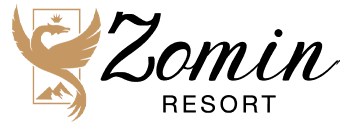
Mirziyoyev invites Trump to Uzbekistan during telephone call on strategic partnership

Beyond a Paper Tiger: How Russia, China, India, and Central Asia are building Eurasia’s future through the SCO
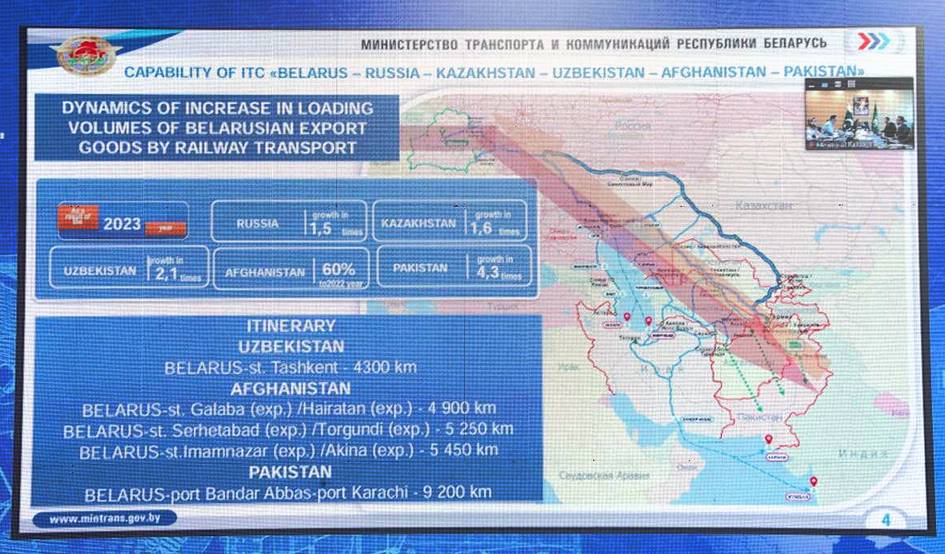
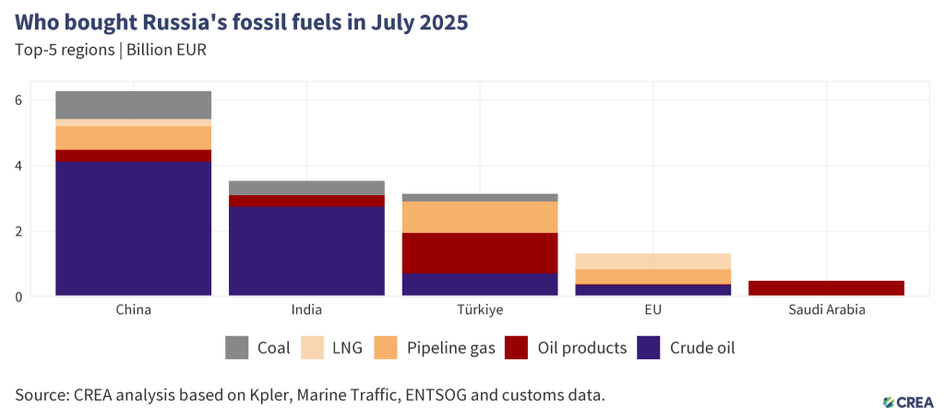
Eurasian energy and transport integration at the 2025 SCO summit
The September 2025 summit marked a turning point in Eurasia’s energy and economic policy. China and Russia signed a legally binding memorandum to build the Power of Siberia 2 pipeline, linking Western Siberian gas fields to China through Mongolia. With a planned capacity of 50bn cubic meters per year, the project will far exceed the existing Power of Siberia pipeline.
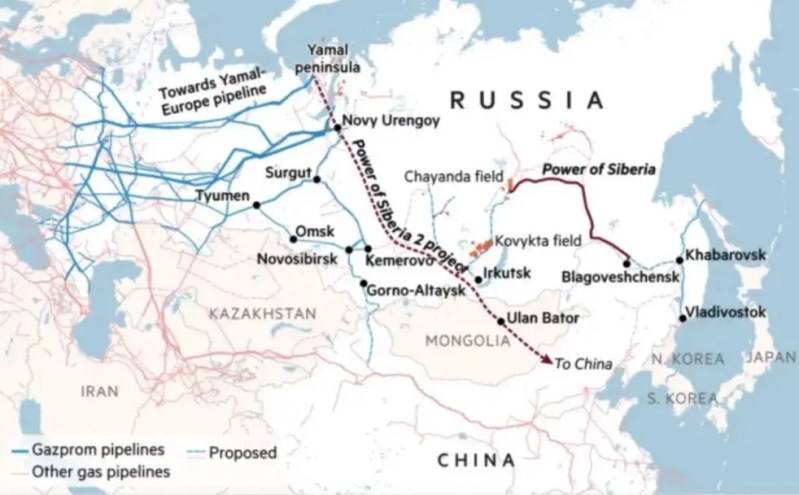
For Moscow, the pipeline secures a new major export market after losing access to European consumers. For Beijing, it provides a stable, long-term source of energy in an era of geopolitical risks and import diversification. China also announced expanded cooperation in renewable energy with Russia and other regional states, alongside his call to establish a SCO Development Bank as soon as possible to finance projects through grants and loans.
These moves reinforced the rapid growth of Russia’s oil trade with China and India, establishing the SCO’s energy partnership as a shield against Western sanctions. Pricing and purchase volumes under Power of Siberia 2 remain unresolved, yet the signing itself strengthened Moscow and Beijing’s role as leaders of Eurasian energy integration.
India’s economic shift
India’s strategy also reached a critical point. In August 2025, Washington imposed 50% tariffs on a wide range of Indian exports, from textiles to chemicals, in response to continued purchases of Russian oil. The tariffs sharply reduced India’s access to the U.S. market, threatening up to a 70% collapse in key export sectors.
Rejecting U.S. tariffs as unjustified, Indian leaders reaffirmed their course of strategic autonomy. Sanctions and tariffs thus acted as a catalyst for building new hubs of energy and transport in Eurasia, where China, Russia, and India are gradually shaping alternative power centers less dependent on U.S. and EU markets.
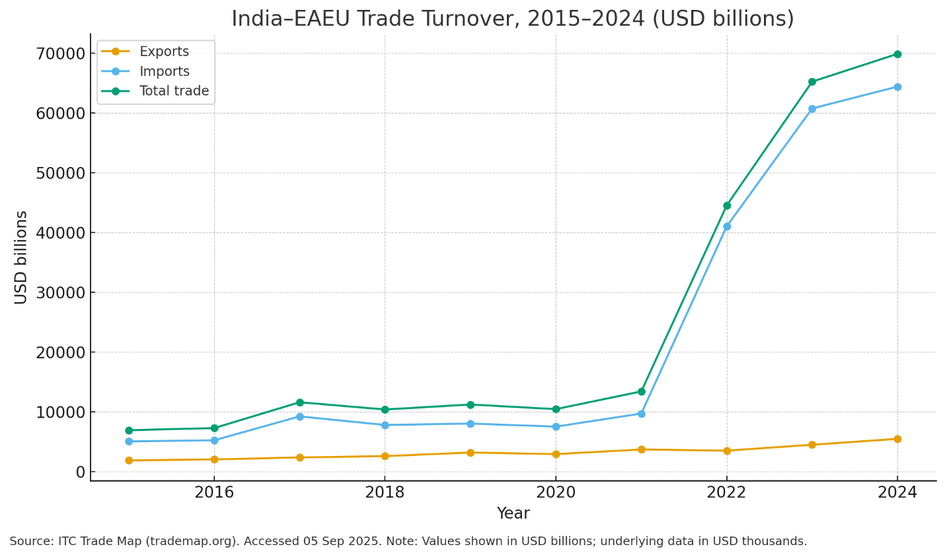
Central Asia’s dual role
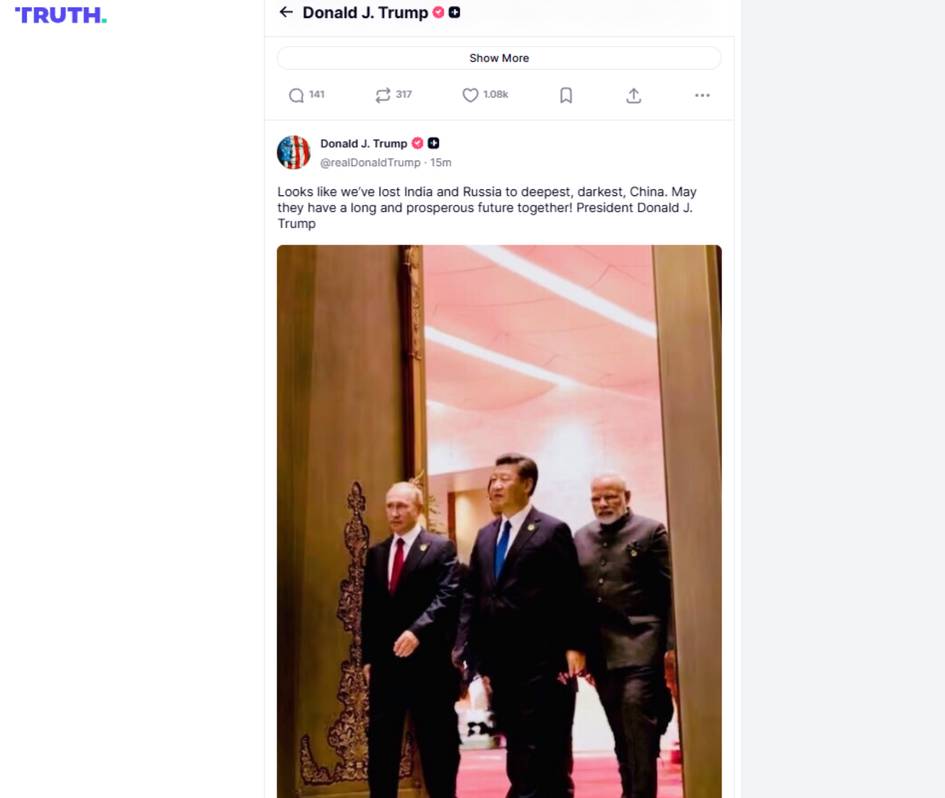
Ghosting the SCO: West Skips the Parade, Sweats the Photo
Western media and analysts cast the optics, especially the image of Xi, Putin, Kim, and Pezeshkian together, as an “axis of upheaval” aimed at the U.S.-led order, and European security voices warned the display reinforced Moscow’s claim that it can endure because it has powerful friends. The collective absence signaled a refusal to legitimize what many in the West view as an explicitly anti-Western coalition.
The administration tightened pressure on New Delhi over sanctions compliance even as critics pointed to a paradox, since U.S. tariffs and other unilateral measures, singled out in the summit’s language, may be accelerating non-Western alignment. Policy circles rallied around friend-shoring and control of chokepoints in finance, supply chains, and technology, with scenarios ranging from managed transactionalism to harder bifurcation or crisis-driven polarization. The prevailing view is that the unipolar moment is ending and the United States must adapt to a more complex multipolar order where even democratic partners exercise strategic autonomy.
Conclusion
The SCO’s recent evolution shows both promise and limits. It has become a framework for Eurasian energy and transport integration, reinforced by Russia–China pipeline projects, India’s Eurasian pivot, and Central Asia’s bridging role. Yet the experience of Iran demonstrates the shortcomings, so Asia Times.

UNICEF warns of urgent needs for children after earthquake in eastern Afghanistan
“In times like these, it is children who suffer first and suffer most,” UNICEF said.
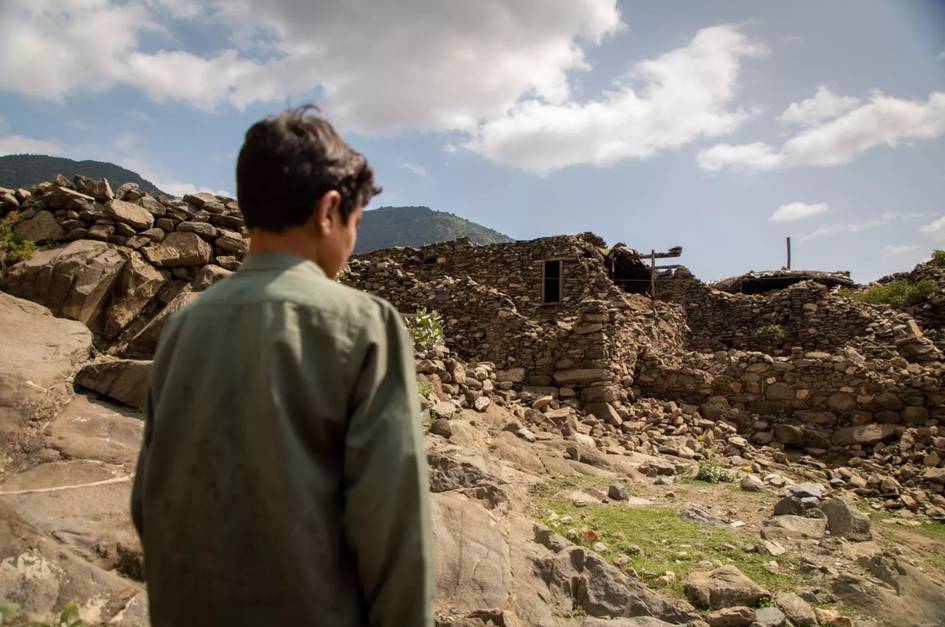
Support from UNICEF and its partners includes deploying mobile health and nutrition teams to treat the injured and screen children for malnutrition. Thousands of cartons of essential nutrition supplies, including ready-to-use therapeutic food, have been dispatched. UNICEF is also distributing water purification tablets and hundreds of family hygiene kits to affected communities.
“Children have suffered the most in this disaster. We are doing everything possible to save lives and protect children, but urgent help is needed today,” a UNICEF spokesperson voiced.

Turkmenistan's State Energy Institute opens new green facilities with UNDP and GEF support
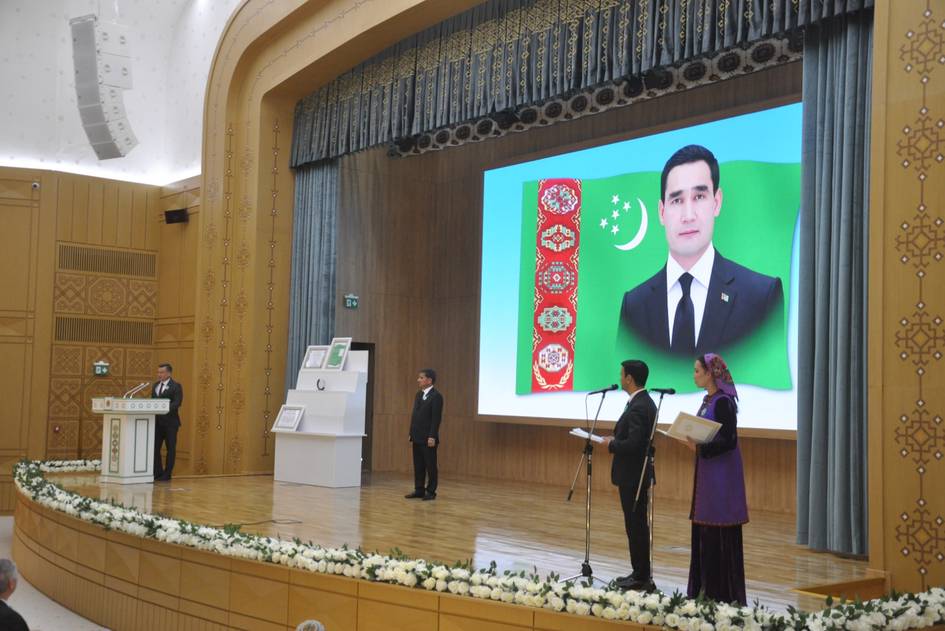

Kazakhstan partners with China to build 300 MW solar power plant
"Today's signing is a practical result of our joint work and a symbol of deepening strategic partnership with China in the field of green energy. This project will strengthen our energy system, create new jobs, and will be an important step towards achieving carbon neutrality goals," Akkenzhenov said.

Beeline Uzbekistan started 2025 with a significant network modernization

Mirziyoyev invites Trump to Uzbekistan during telephone call on strategic partnership

Beyond a Paper Tiger: How Russia, China, India, and Central Asia are building Eurasia’s future through the SCO

More than 500,000 new users: residents of Uzbekistan choose the Hambi superapp
Uzbekistan

Mirziyoyev invites Trump to Uzbekistan during telephone call on strategic partnership
President Shavkat Mirziyoyev and US President Donald Trump discussed strengthening the Uzbekistan–US strategic partnership, expanding trade and investment, enhancing security cooperation, and deepening cultural ties, as bilateral trade reached $509.5mn in 7M25—down 9% from 2024 but still nearly 59% higher than 2023.

Beyond a Paper Tiger: How Russia, China, India, and Central Asia are building Eurasia’s future through the SCO

Uzbekistan moves to regulate car prices

Uzbekistan to reduce value-added tax on agricultural products

Uzbekistan, China sign agreement to establish cultural centers
25 000 so‘m / per month
Buy subscription
World

Uzbekistan could be affected by radiation from Iran in certain weather conditions, expert says

Iran as the pressure point: How Washington’s campaign against Tehran seeks to undercut China and Russia - and why Central Asia risks the fallout

Russia to write off $300mn Tajikistan electricity debt

Central Asia–China Summit yields new agreements on trade, connectivity, and culture

Russia officially recognizes Islamic Emirate of Afghanistan
As a symbolic gesture, the Afghan flag introduced by the Taliban was raised for the first time over the Afghan Embassy in Moscow.
Daryo+

"The young man, feeling the breath of death, knelt down and kissed the shoes of the executioners" - the harrowing story of witnesses to the civil war in Tajikistan
The 1990s were a challenging and turbulent period for the countries of the former Soviet Union. The collapse of the “Red Empire” triggered severe ethnic, religious, and political conflicts in several nations. Newly independent states such as Tajikistan, Georgia, Moldova, Azerbaijan, and Armenia found themselves engulfed in civil wars and armed conflicts. “Daryo” presents the stories of individuals who witnessed and endured the atrocities of the Tajik civil war (1992–1997), a conflict that claimed thousands of lives.

From Ruble zone to global fintech leader: Kazakhstan’s financial revolution in focus

Trump’s foreign policy in Central Asia: balancing acts amid rising influence from China and Russia

The implication of Israel-Iran War for Central Asia

India’s Chabahar Port investment: navigating Eurasian trade through geopolitical tensions
Live
Latest News
Mirziyoyev invites Trump to Uzbekistan during telephone call on strategic partnership
Beyond a Paper Tiger: How Russia, China, India, and Central Asia are building Eurasia’s future through the SCO
UNICEF warns of urgent needs for children after earthquake in eastern Afghanistan
Turkmenistan's State Energy Institute opens new green facilities with UNDP and GEF support
Kazakhstan partners with China to build 300 MW solar power plant
Recommendations
Lifestyle and Culture

Chinese woman offers apartment in Shanghai as reward to whoever finds her son who was lost 26 years ago

Imam Al-Bukhari and Sukarno: A cross-cultural journey supported by global philanthropy
Imam Al-Bukhari and Sukarno, a theatrical-musical production celebrating the shared cultural heritage of Indonesia and Uzbekistan, had its world premiere in Samarkand in November 2024. Featuring over 60 performers, the play brings to life the journey of Indonesia’s first president, Sukarno, to Uzbekistan in 1956. "This project represents a cultural dialogue," says Restu Imansari Kusumaningrum, the play's Artistic Director. "The arts need to be supported, not just by the government, but by the community—by private donors and philanthropists. Without them, many of these stories would remain untold." With a production cost of over $100,000, the production showcases the crucial role of private sector support in making such cultural initiatives a reality.
Sport

Uzbekistan joins Asian Cricket Council, strengthening regional ties

Uzbekistan to introduce three-stage youth sports championship with Presidential Olympics final

Uzbekistan and Azerbaijan aim to host FIFA U-20 World Cup 2027 with joint bid

Uzbekistan’s president reviews proposals to prepare for 2028 Olympic and Paralympic games

Manchester City owner sets sights on Uzbekistan’s football future
Money
Show business

Uzbek Deputy Minister's criticism sparks controversy over X-Factor show
Renowned singer Shuhrat Daryo echoed the deputy minister's sentiments, expressing his disappointment for Uzbek art and the nation as a whole after watching the show.
Burt Young, Oscar-nominated 'Rocky' star, passes away at 83
Former NFL star Michael Oher wins conservatorship battle against 'The Blind Side' inspirers, Tuohys
Irish actor Sir Michael Gambon passes away at 82, leaving profound void in entertainment
Good news:
Tags
Grow your business with us
Advertise on Daryo.uzIndividual approach and exclusive materials
Ad-free site readingSubscribe
25 000 sum per month
